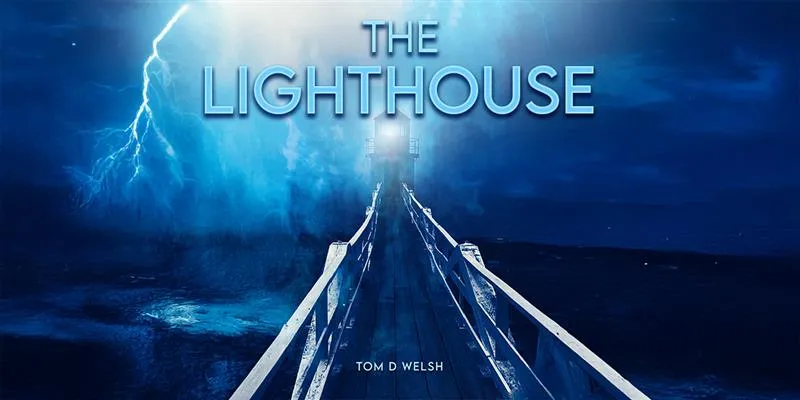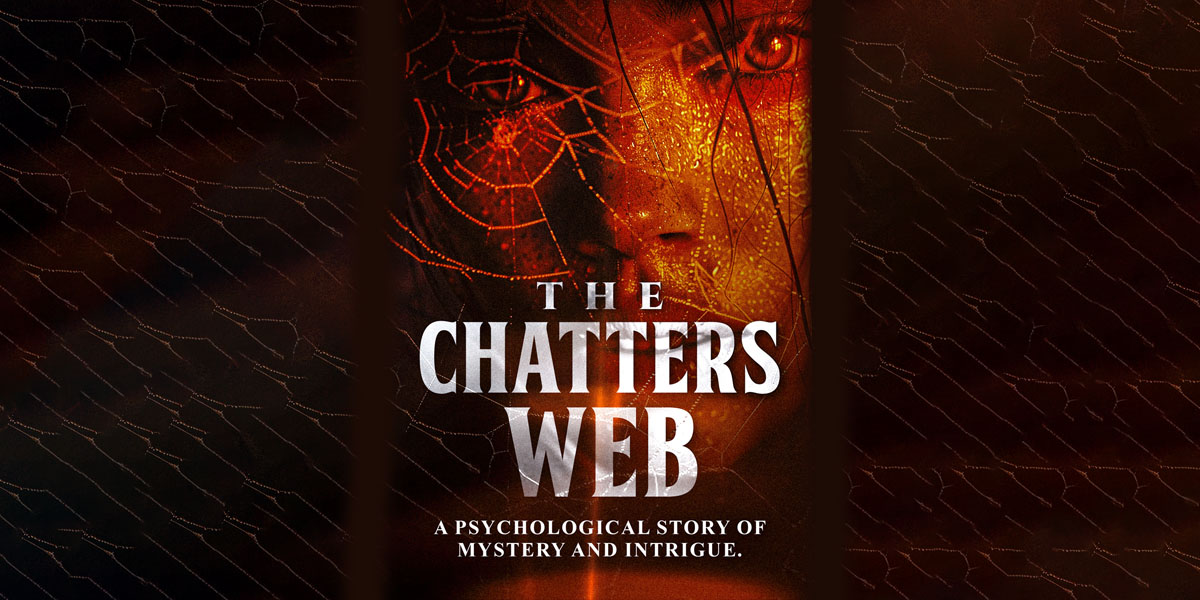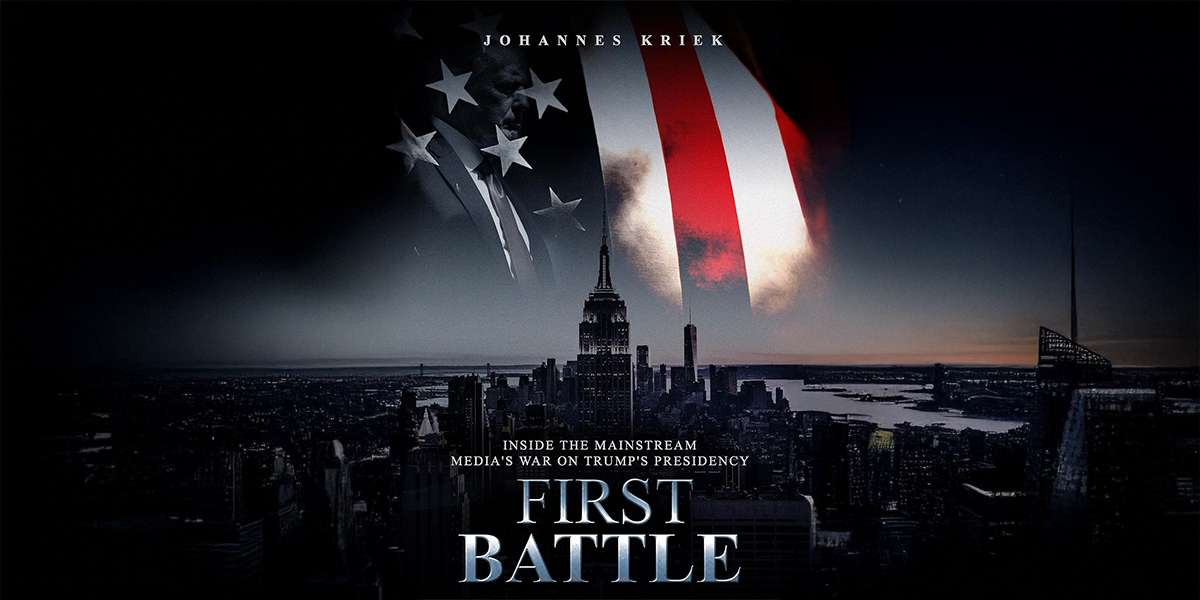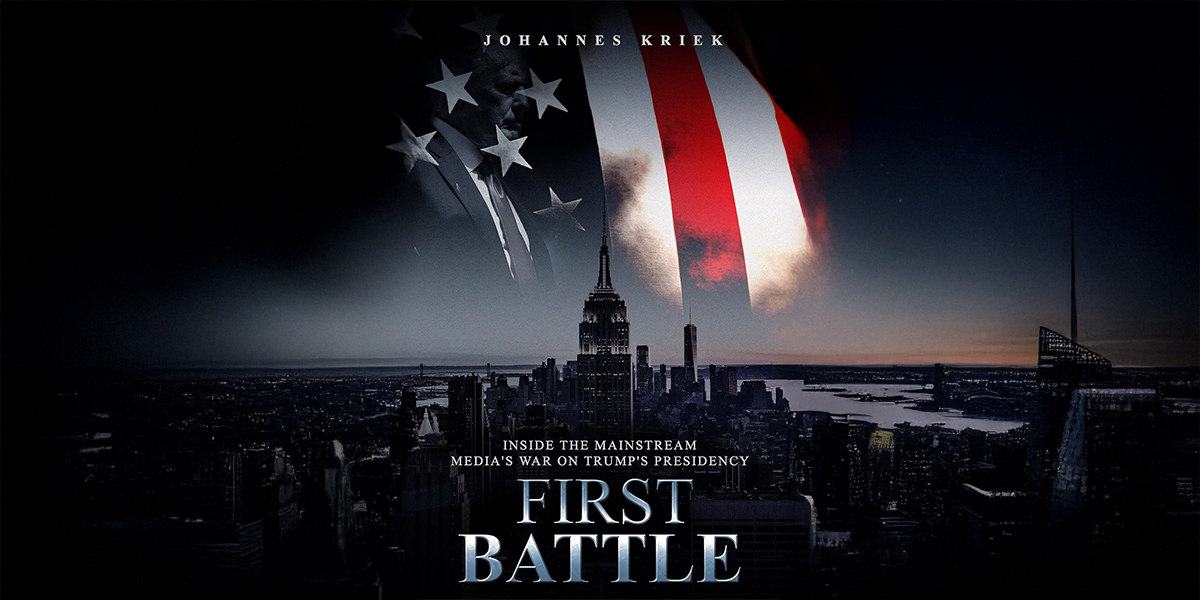 On-Page SEO Optimization – Fix Hidden Errors Killing Rankings!
On-Page SEO Optimization – Fix Hidden Errors Killing Rankings!
Traditional Publishing vs. Self-Publishing: Pros, Cons, and What’s Best for You
Written by Alexa Jones » Updated on: June 17th, 2025 246 views

Choosing how to publish your book is a critical decision that can shape your writing career. With the rise of self-publishing platforms, authors now have more options than ever before. But how do you decide between traditional publishing and self-publishing?
In this comprehensive guide, we'll explore the pros and cons of each path to help you determine the best choice for your unique situation.
________________________________________
What Is Traditional Publishing?
Traditional publishing involves securing a contract with a publishing house, whether it's one of the big five or a smaller independent publisher. Once accepted, the publisher takes on the responsibilities of editing, designing, marketing, and distributing your book.
Pros of Traditional Publishing
1. Professional Editing and Design
Publishers provide experienced editors and designers who work to polish your manuscript and create an eye-catching cover. This professional touch can enhance the overall quality of your book.
2. Established Distribution Channels
Traditional publishers have relationships with bookstores, libraries, and international distributors. This means your book has the potential to reach a wide audience, both in physical stores and online.
3. Marketing Support
While authors are still expected to participate in marketing efforts, publishers often provide resources like press releases, book tours, and advertising campaigns to promote your book.
4. Advance Payments
Many traditional publishers offer an advance against future royalties. This upfront payment can provide financial support as you continue writing or cover living expenses.
5. Credibility and Prestige
Being published by a reputable company can enhance your author profile, making it easier to secure media coverage, speaking engagements, and build trust with readers.
Cons of Traditional Publishing
1. Lengthy Process
The traditional publishing timeline can be long. From finding an agent to the release date, it can take years for your book to hit the shelves.
2. Less Creative Control
Publishers often have the final say on your book's content, title, and cover design. You may need to make changes that align with their market strategy.
3. Lower Royalty Rates
While you receive an advance, the royalty percentage per book sold is typically lower compared to self-publishing, as the publisher recoups their investment.
4. Competitive Entry
The market is saturated with aspiring authors, making it challenging to secure a publishing deal. Rejection is common, and the submission process can be time-consuming.
5. Contractual Obligations
Publishing contracts can include clauses that limit your rights, such as first refusal on future works or restrictions on where else you can publish.
________________________________________
What Is Self-Publishing?
Self-publishing allows you to publish your book independently, often through platforms like Amazon Kindle Direct Publishing, IngramSpark, or Smashwords. You retain full control over the publishing process.
Pros of Self-Publishing
1. Complete Creative Control
You make all decisions regarding your book's content, design, pricing, and marketing. This freedom allows you to stay true to your vision.
2. Higher Royalty Rates
Self-published authors typically earn a higher percentage of royalties per sale, sometimes up to 70%, depending on the platform and pricing.
3. Faster Time to Market
Without the lengthy processes of traditional publishing, you can publish your book as soon as it's ready, capitalizing on current trends or timely topics.
4. Global Reach
Digital platforms enable your book to be available worldwide instantly, expanding your potential readership.
5. Ownership of Rights
You retain all rights to your work, giving you flexibility for future opportunities like translations, audiobooks, or film adaptations.
Cons of Self-Publishing
1. Upfront Costs
Expenses for professional editing, cover design, formatting, and marketing come out of your pocket. Skimping on these can affect your book's quality and success.
2. Marketing Challenges
Without a publisher's support, the responsibility of promoting your book rests entirely on you. Building an audience requires time, effort, and often additional investment.
3. Limited Physical Bookstore Presence
Gaining shelf space in physical bookstores can be difficult for self-published authors due to industry biases and distribution hurdles.
4. Perception Issues
Despite growing acceptance, some readers and reviewers may still view self-published books as lower quality compared to traditionally published works.
5. Steep Learning Curve
Navigating the publishing process, from ISBNs to formatting and taxes, can be complex and overwhelming for first-time authors.
________________________________________
Factors to Consider When Choosing Your Path
Making the right choice depends on your individual goals, resources, and preferences. Here are key factors to consider:
Your Goals as an Author
• Creative Control: Do you want to maintain full control over your content and design?
• Career Aspirations: Is being associated with a major publisher important for your credibility or future opportunities?
• Speed to Market: How quickly do you want your book available to readers?
Financial Considerations
• Budget for Upfront Costs: Can you afford to invest in professional services like editing and design?
• Earning Potential: Are you willing to accept lower royalties for the potential of wider distribution?
Marketing and Platform
• Existing Audience: Do you have a platform or following that can help promote your book?
• Marketing Skills: Are you prepared to handle marketing efforts, or would you prefer support from a publisher?
Patience and Persistence
• Timeline Expectations: Can you wait through potentially long submission and publication processes?
• Handling Rejection: Are you prepared for possible rejection from agents and publishers?
________________________________________
Hybrid Publishing: The Best of Both Worlds?
Hybrid publishing models are emerging as an alternative, combining elements of traditional and self-publishing. These arrangements often involve:
• Shared Costs and Profits: You may contribute to the publishing costs in exchange for higher royalties.
• Professional Services: Access to editing, design, and marketing support.
• Retained Rights: More control over your work compared to traditional contracts.
While hybrid publishing can offer a middle ground, it's essential to research and choose reputable companies, as the industry includes both legitimate services and vanity presses.
________________________________________
Making Your Decision
Choosing between traditional publishing and self-publishing is a personal decision with no right or wrong answer. Here are steps to help you decide:
1. Define Your Goals
Clearly outline what you hope to achieve with your book. Is it widespread recognition, creative fulfillment, or financial gain?
2. Research Thoroughly
Understand the processes, advantages, and drawbacks of each option. Read success stories and cautionary tales alike.
3. Evaluate Your Resources
Consider your time, budget, and willingness to learn new skills. Self-publishing demands more hands-on involvement.
4. Seek Advice
Talk to other authors about their experiences. Join writing communities or attend industry events to gain insights.
5. Stay Flexible
Remember that your choice isn't set in stone. Some authors start with self-publishing and later secure traditional deals, and vice versa.
________________________________________
Conclusion
Both traditional publishing and self-publishing offer viable paths to bring your book to readers. By weighing the pros and cons and considering your personal goals, you can choose the route that aligns best with your vision.
________________________________________
At Writers Bloom we understand the complexities of the publishing world. Whether you're leaning toward traditional publishing or excited about self-publishing, our team of experts is here to guide you through every step of the journey. We offer personalized support, professional services, and industry insights to help your book succeed.
Note: IndiBlogHub features both user-submitted and editorial content. We do not verify third-party contributions. Read our Disclaimer and Privacy Policyfor details.
Copyright © 2019-2025 IndiBlogHub.com. All rights reserved. Hosted on DigitalOcean for fast, reliable performance.
















